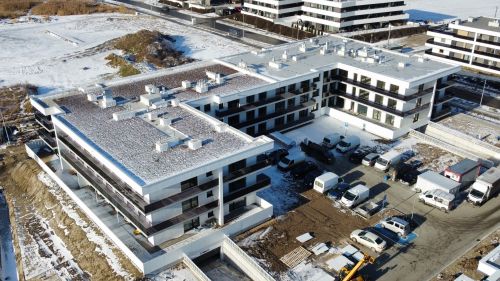Berliners are currently so unhappy with their local housing market that in August more than 1 mln of the city’s residents voted in a referendum (56 pct of the vote) for the nationalisation of large institutional apartment owners. If enacted, any company that owns more than 3,000 apartments in the German capital would have to relinquish their properties, meaning that 240,000–250,000 units owned by the twelve biggest landlords would be taken over by the authorities. The campaign movement pressing for this to happen has its own webpage: Deutsche Wohnen & Co Enteignen webpage, which translates as ‘Nationalise Deutsche Wohnen’ – the city’s largest residential property owner. On it they insist that these landlords would be compensated for the loss of their properties, but at a level far less than their market value. The compensation is to be paid by the city, financed through loans that would be repaid through the future rent revenue. “We seek to

























































